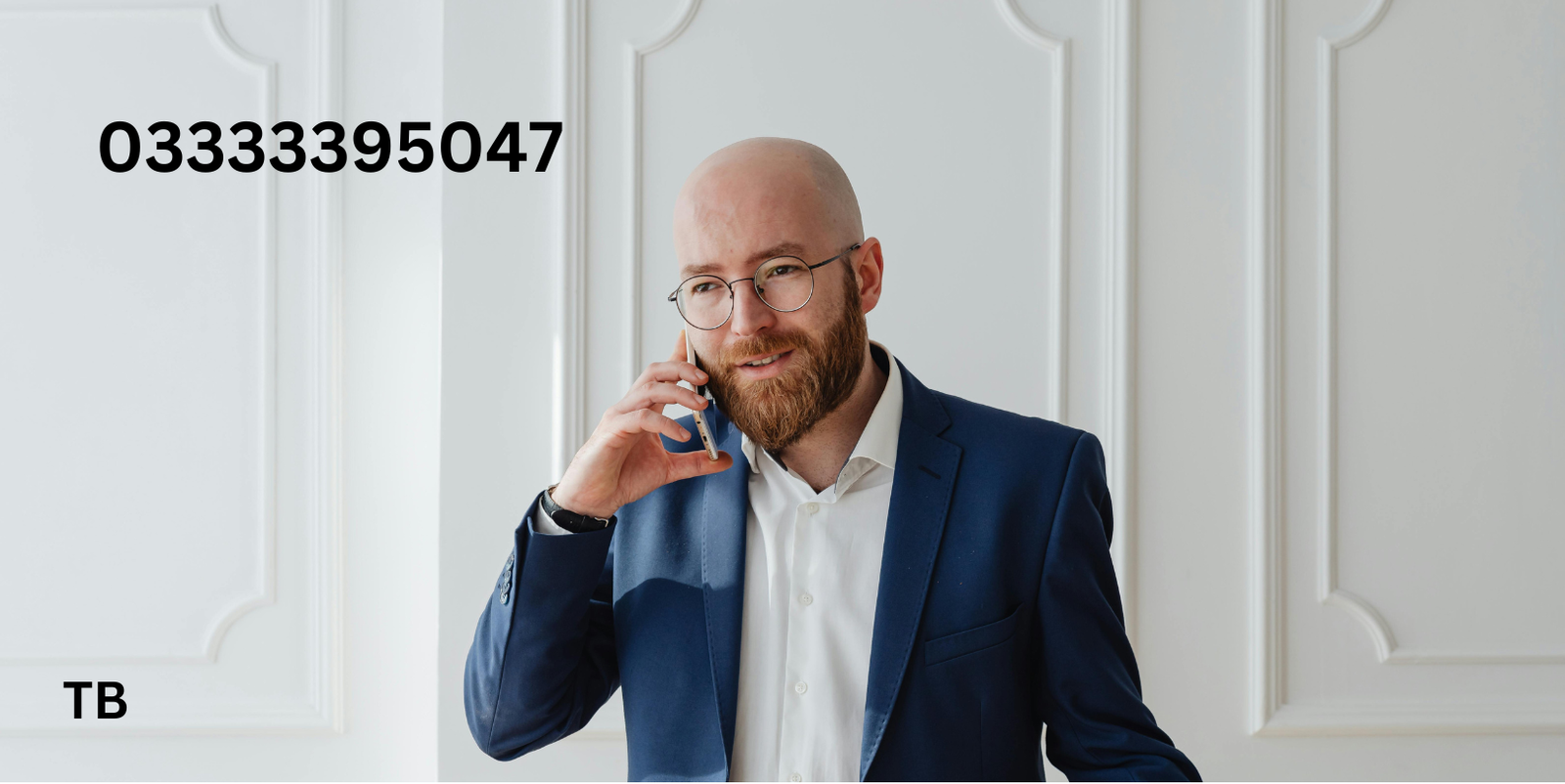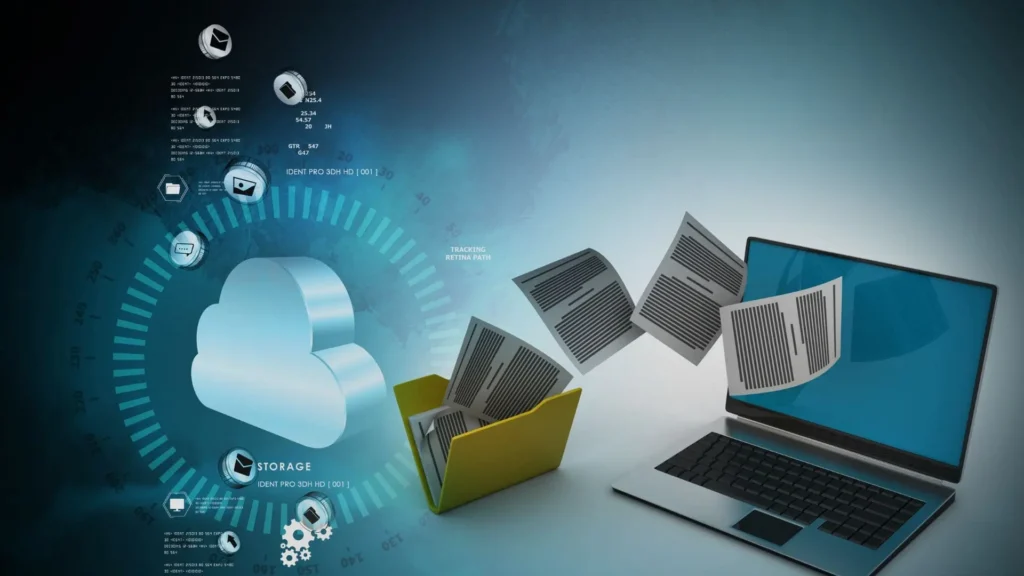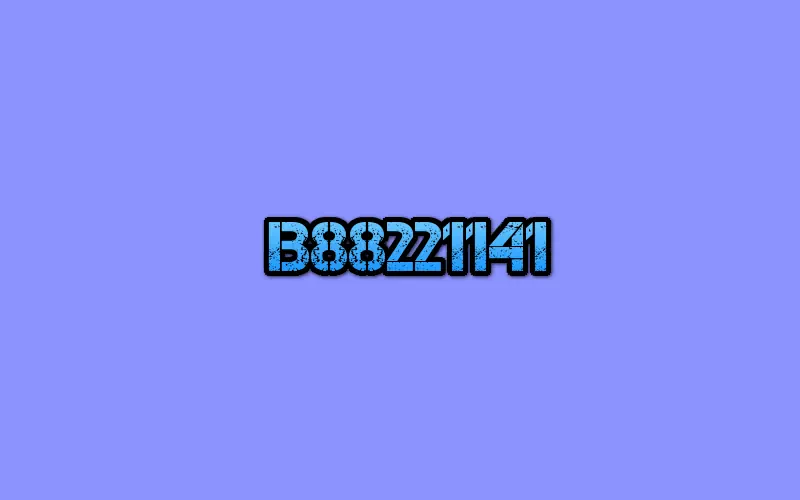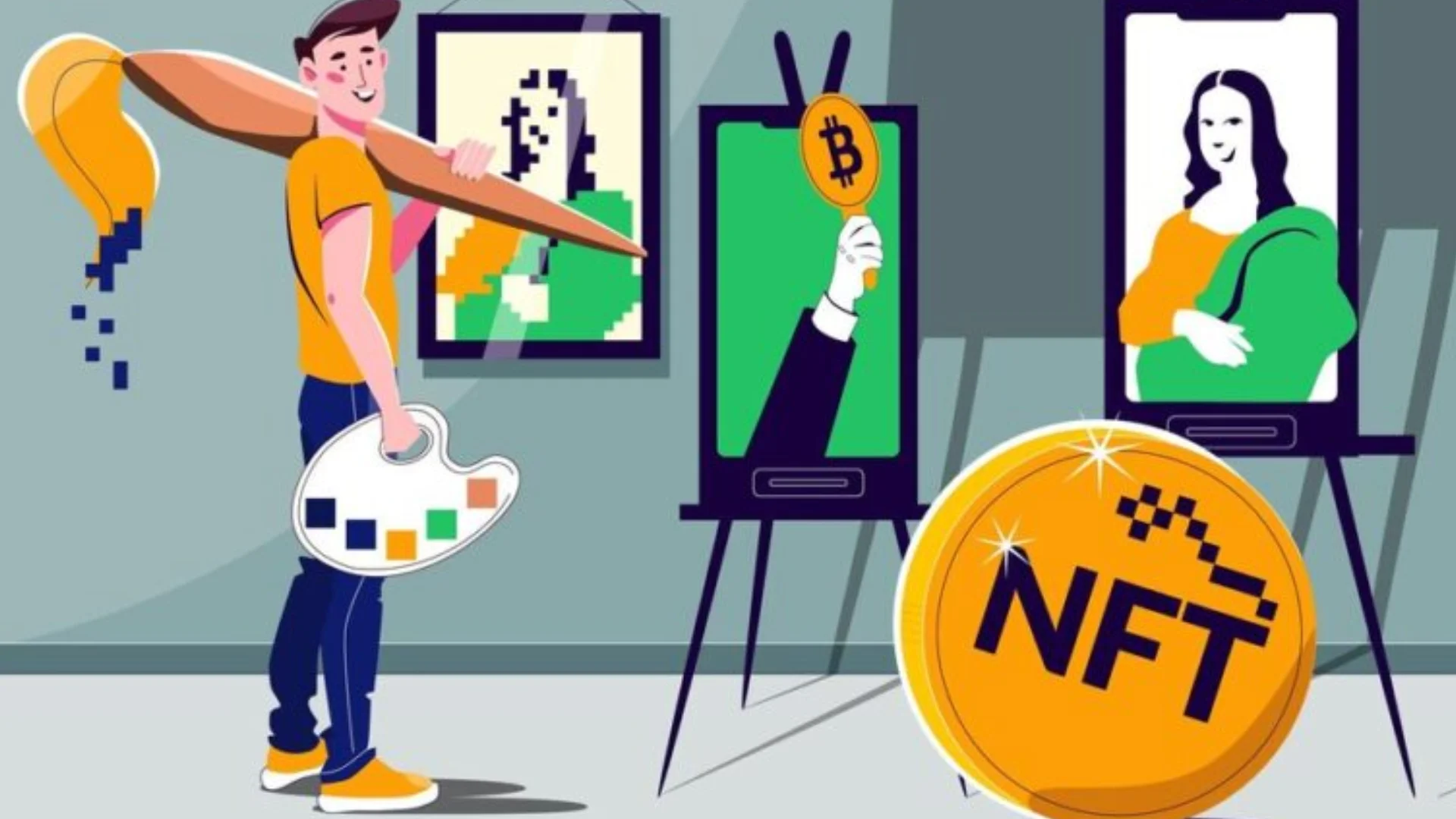In an era where digital security is paramount, 01772451126 call verification systems have emerged as a crucial tool for authenticating user identities and safeguarding sensitive information. These systems provide a robust mechanism for verifying phone numbers, ensuring that only authorized users gain access to services and platforms. This article delves into the intricacies of call verification systems, exploring their importance, functionality, and benefits across various industries.
Understanding Call Verification Systems
Call verification systems are designed to authenticate the identity of a user by verifying their phone number. This process typically involves an automated call to the user’s phone, during which a verification code is communicated. The user then enters this code into the relevant application or website to complete the verification process. This method offers a higher level of security compared to SMS verification, as it is less susceptible to interception and fraud.
Importance of Call Verification Systems
The critical importance of call verification systems cannot be overstated. In today’s digital landscape, where cyber threats are increasingly sophisticated, ensuring the authenticity of users is essential. Call verification systems provide a reliable method of confirming user identities, thereby preventing unauthorized access and potential data breaches. This is particularly crucial for industries handling sensitive information, such as banking, healthcare, and e-commerce.
How Call Verification Systems Work
The operational mechanism of call verification systems 01772451126 is straightforward yet highly effective. When a user initiates a verification process, the system generates a unique verification code. An automated call is then placed to the user’s registered phone number, during which the code is relayed. The user must enter this code into the application or website to complete the verification. This process ensures that the person attempting to gain access is in possession of the phone number on record.
Types of Call Verification Systems
Several types of call verification systems 01772451126 cater to different needs and preferences. Some systems use interactive voice response (IVR) technology, where the user interacts with an automated menu to receive their verification code. Others may involve a simple voice call that directly communicates the code. Additionally, some systems offer multi-factor authentication (MFA), combining call verification with other methods such as email or biometric verification for enhanced security.
Benefits of Call Verification Systems
Implementing call verification systems 01772451126 offers numerous benefits. Firstly, they enhance security by providing a more secure verification method compared to SMS. Secondly, they improve user trust, as customers are reassured by the additional layer of security. Thirdly, these systems can reduce fraud and unauthorized access, thereby protecting sensitive data and maintaining the integrity of the service provider. Furthermore, call verification systems can streamline the onboarding process for new users, ensuring a smooth and secure user experience.
Call Verification vs. SMS Verification
When comparing 01772451126 call verification to SMS verification, several key differences emerge. Call verification is generally considered more secure, as it is less vulnerable to interception and SIM swapping attacks. While SMS verification is convenient and widely used, it can be compromised if the user’s phone number is hijacked. Call verification, on the other hand, involves an automated call, which adds an additional layer of security by ensuring the user physically possesses the phone.
Call Verification in Banking
In the banking sector, call verification systems 01772451126 are indispensable. They play a pivotal role in verifying the identity of customers during online transactions, account creation, and access to sensitive financial information. By using call verification, banks can significantly reduce the risk of fraud and unauthorized access, thereby protecting their customers’ assets and maintaining their trust. This system also aids in compliance with regulatory requirements for identity verification.
Call Verification in E-commerce
E-commerce platforms benefit greatly from implementing 01772451126 call verification systems. These systems help verify the identity of users during account registration, order placement, and payment processing. By ensuring that the user is genuine, e-commerce platforms can prevent fraudulent transactions and chargebacks, thereby safeguarding their revenue and reputation. Additionally, call verification enhances customer trust by providing a secure shopping experience.
Call Verification in Healthcare
The healthcare industry handles vast amounts of sensitive patient information, making security a top priority. Call verification systems provide an effective means of verifying the identity of patients and healthcare providers accessing electronic health records (EHRs) and other confidential data. By implementing call verification, healthcare organizations can ensure compliance with regulations such as HIPAA, while also protecting patient privacy and maintaining the integrity of their services.
Implementation of Call Verification Systems
Implementing a call verification system 01772451126 involves several key steps. First, an organization must assess its specific needs and choose a suitable verification provider. Next, the system must be integrated with existing infrastructure, ensuring seamless functionality. This may involve configuring APIs, setting up automated call workflows, and testing the system for reliability and accuracy. Finally, staff and users should be trained on how to use the system effectively, ensuring smooth operation and user compliance.
Challenges in Call Verification Systems
Despite their benefits, call verification systems can present certain challenges. Technical issues, such as poor call quality or network disruptions, can hinder the verification process. Additionally, users may find automated calls intrusive or confusing, leading to a negative experience. Ensuring compatibility with various phone systems and handling international calls can also pose challenges. Addressing these issues requires careful planning and robust technical support.
Overcoming Challenges in Call Verification Systems
To overcome challenges associated with call verification systems 01772451126, organizations can adopt several strategies. Providing clear instructions to users on how to complete the verification process can improve user experience. Implementing fallback options, such as SMS or email verification, can ensure continuity in case of technical issues. Regularly monitoring and optimizing call quality, as well as providing multilingual support for international users, can also enhance system reliability and user satisfaction.
Security Aspects of Call Verification Systems
Security is a paramount concern for call verification systems 01772451126. These systems employ various security measures to ensure the authenticity and integrity of the verification process. Encryption of call data, secure storage of verification codes, and regular security audits are some of the practices used to protect against threats. Additionally, integrating call verification with other security protocols, such as multi-factor authentication, can further enhance protection.
Case Studies of Successful Call Verification Systems
Several organizations have successfully implemented call verification systems to enhance security and user experience. For instance, a leading bank integrated call verification into its online banking platform, significantly reducing fraud incidents and improving customer trust. Similarly, an e-commerce giant utilized call verification to streamline user registration and payment processes, resulting in fewer chargebacks and higher customer satisfaction. These case studies highlight the tangible benefits of adopting call verification systems.
Future Trends in Call Verification Systems
The future of call verification systems is poised for exciting developments. Advances in artificial intelligence and machine learning are set to enhance the accuracy and efficiency of verification processes. Voice biometrics, which use unique vocal characteristics for authentication, are gaining traction as a secure alternative to traditional methods. Additionally, the integration of call verification with blockchain technology holds promise for further improving security and transparency in verification processes.
Call Verification System Providers
Several providers offer robust call verification systems 01772451126 tailored to different needs. Companies such as Twilio, Nexmo, and Sinch are renowned for their reliable and scalable verification solutions. These providers offer a range of features, including automated call workflows, API integration, and multi-factor authentication options. Choosing the right provider involves evaluating factors such as cost, ease of integration, and customer support.
Choosing the Right Call Verification System
Selecting the most suitable call verification system requires careful consideration. Organizations should assess their specific needs, such as the volume of verifications required and the level of security needed. Evaluating the features offered by different providers, such as call quality, integration capabilities, and support for international calls, is crucial. Additionally, considering user experience and ease of implementation can help in making an informed decision.
Cost of Call Verification Systems
The cost of implementing call verification systems can vary widely depending on factors such as the provider, the volume of calls, and the level of customization required. While some providers offer pay-as-you-go pricing models, others may charge a flat fee based on usage. It is essential to evaluate the total cost of ownership, including setup fees, maintenance costs, and potential savings from reduced fraud and improved security.
ROI of Call Verification Systems
Investing in call verification systems can yield significant returns on investment. By enhancing security and reducing fraud, organizations can save on potential losses and legal liabilities. Additionally, the improved user trust and satisfaction resulting from secure verification processes can lead to increased customer loyalty and retention. Analyzing the financial benefits, such as cost savings and revenue growth, can help justify the investment in call verification systems.
Integrating Call Verification with Existing Systems
Integrating call verification systems with existing infrastructures requires careful planning and execution. Organizations should ensure compatibility with their current systems, such as customer databases and communication platforms. Utilizing APIs provided by verification providers can streamline the integration process. Regular testing and monitoring are essential to ensure seamless functionality and address any technical issues promptly.
User Experience and Call Verification Systems
The user experience is a critical factor in the success of call verification systems. Ensuring a smooth and intuitive verification process can enhance user satisfaction and compliance. Providing clear instructions and support, minimizing wait times for verification calls, and offering alternative verification methods can improve the overall user experience. Regular feedback and optimization based on user input can further enhance the system’s effectiveness.
Legal and Regulatory Considerations
Implementing call verification systems involves navigating various legal and regulatory requirements. Organizations must ensure compliance with data protection laws, such as GDPR, which mandate secure handling of personal information. Additionally, adhering to industry-specific regulations, such as those in banking or healthcare, is crucial. Consulting with legal experts and regularly reviewing compliance practices can help mitigate legal risks.
Call Verification Systems and GDPR
The General Data Protection Regulation (GDPR) has significant implications for call verification systems. Organizations must ensure that the collection, storage, and processing of phone numbers and verification data comply with GDPR requirements. This includes obtaining explicit user consent, ensuring data security, and providing users with the right to access and delete their information. Implementing robust data protection measures and regular audits can help ensure compliance.
Best Practices for Call Verification Systems
To maximize the effectiveness of call verification systems, organizations should follow best practices. This includes choosing a reliable provider, ensuring seamless integration, and providing clear instructions to users. Regularly monitoring and optimizing call quality, implementing multi-factor authentication, and addressing technical issues promptly are essential. Additionally, continuously gathering user feedback and making improvements based on their input can enhance the system’s performance.
Conclusion
In conclusion, call verification systems are a vital tool for enhancing security and trust in various industries. Their ability to verify user identities and prevent fraud makes them indispensable in today’s digital landscape. As technology advances, the future of call verification systems holds exciting possibilities, with innovations such as voice biometrics and blockchain integration set to further improve their efficacy. By adopting call verification systems, organizations can safeguard their assets, protect their customers, and stay ahead in an increasingly digital world.
FAQs
What is a call verification system?
A call verification system is a security measure that verifies a user’s identity by calling their registered phone number and providing a verification code.
How does call verification enhance security?
Call verification enhances security by ensuring that only users with access to the registered phone number can complete the verification process, reducing the risk of fraud and unauthorized access.
Can call verification be used internationally?
Yes, many call verification systems support international calls, allowing users from different countries to verify their identities securely.
What are the alternatives to call verification?
Alternatives to call verification include SMS verification, email verification, and biometric verification methods.
How does call verification comply with GDPR?
Call verification complies with GDPR by ensuring secure handling of personal data, obtaining user consent, and providing users with rights to access and delete their information.
What industries benefit most from call verification systems?
Industries such as banking, e-commerce, and healthcare benefit significantly from call verification systems due to their need for robust security and user authentication.





